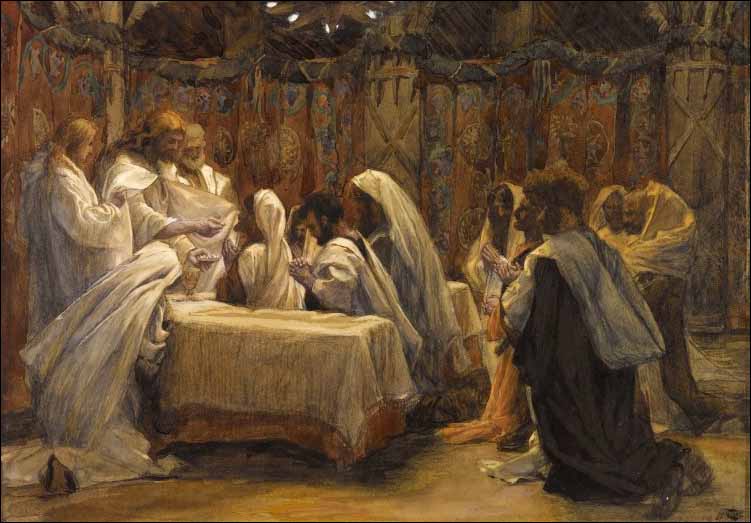
Apostolic Authority and Character Â
It has seemed good to us, having come to one accord, to choose men and send them to you with our beloved Barnabas and Paul, . . .
Acts 15:25 ESV
Apostolic Succession is historic continuity with the apostles imparted through the laying on of hands in ordination; thereby, receiving the apostles’ authority while simultaneously experiencing the Holy Spirit’s anointing to embody apostolic character and teach apostolic doctrine. This ancient succession grants to the bishops the same authority, commission, and responsibility as the apostles. Also, this ancient continuity extends special grace and authority to the clergy from the Holy Spirit to advance the gospel throughout the world. An Anglican theologian defines the doctrine of apostolic succession:
As our blessed Lord ordained the twelve to be his representatives when He left the earth, so the apostles chose others to take their place when they in turn were withdrawn by death. … During this long period, successors of the apostles, first receiving, and then in turn handing on the divine power and authority which Christ gave to the twelve, have never been wanting. The apostolic succession is the link or bond that connects the Church of the 20th century with that of the 1st century.
Vernon Staley, The Catholic Religion (Harrisburg, PA: Morehouse Press, 1983), 15.
The doctrine of apostolic succession has both Petrine and Pauline qualities. Petrine in that the bishop’s consecration and ministry must be in historic continuity with the church catholic and Pauline in that the bishop should be governed by the Holy Spirit and has an individual (not individualistic) walk with the Lord exemplified by the “faith that works through love” (Gal. 5:6).
If a bishop is not Pauline then he is not apostolic. In other words, no matter the fact of his ordination, he is not a representative of the church if he is not living a holy life and does not believe the historic doctrines of the apostles. However, when a bishop is Pauline and not Petrine, he lacks authority in his ministry. That deficiency keeps him from speaking from and to the church. As one presbyter stated:
When I received Christ, I discovered the grace of God. When I received the Baptism of the Holy Spirit, I discovered the power of God. When I received the laying on of hands in apostolic succession of the government of God, I discovered the authority of God.”
Ed Wills, “Sensitive to the Holy Spirit,†Sursum Corda (November 1994), 2.

